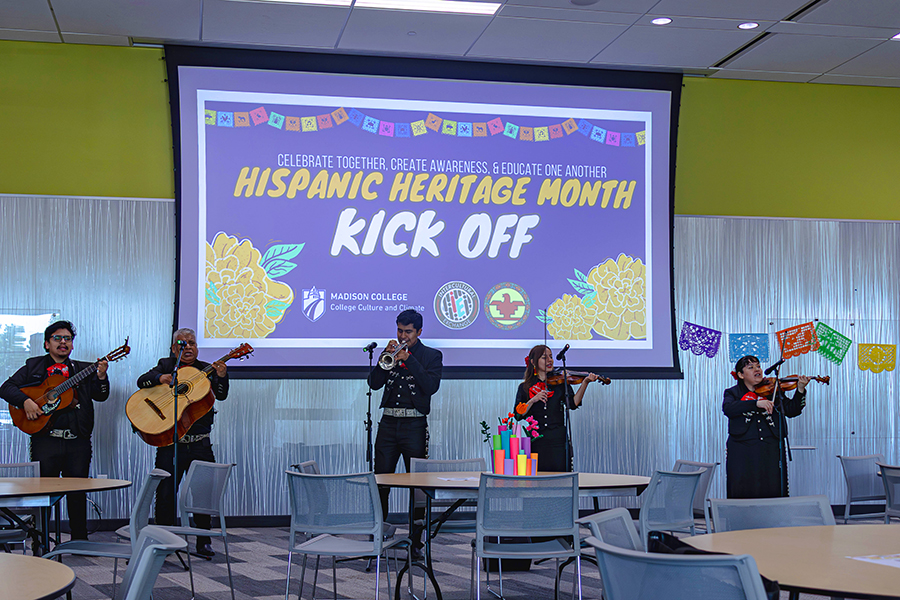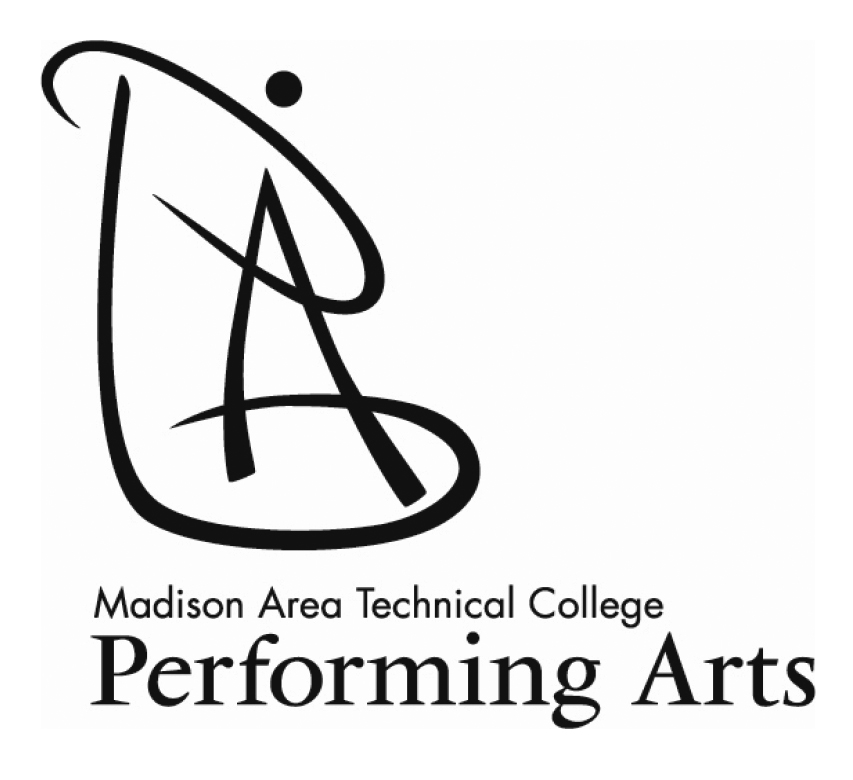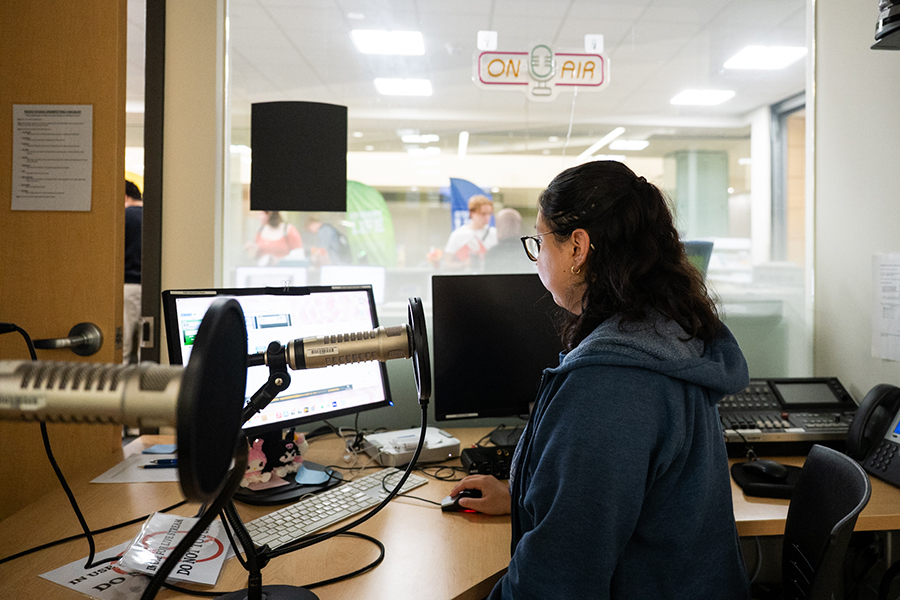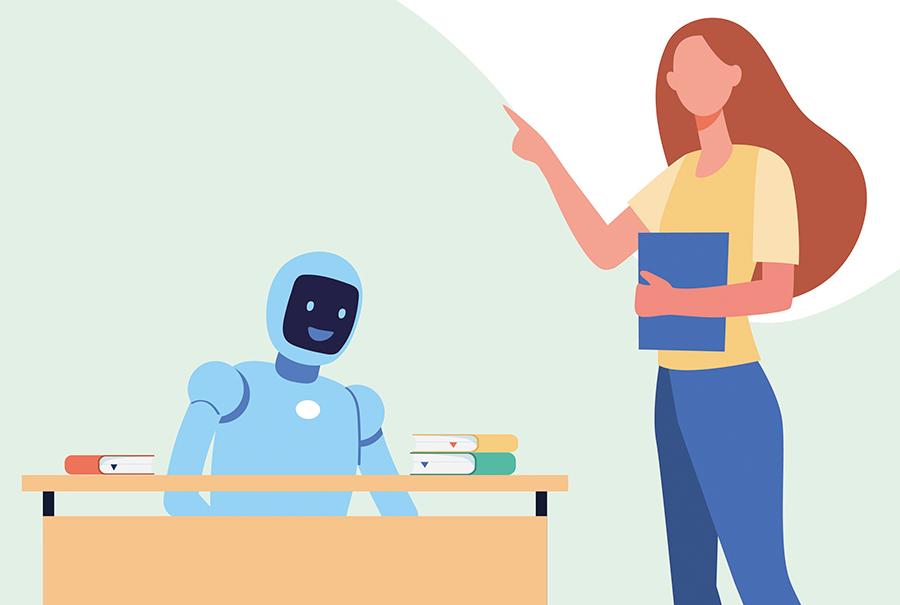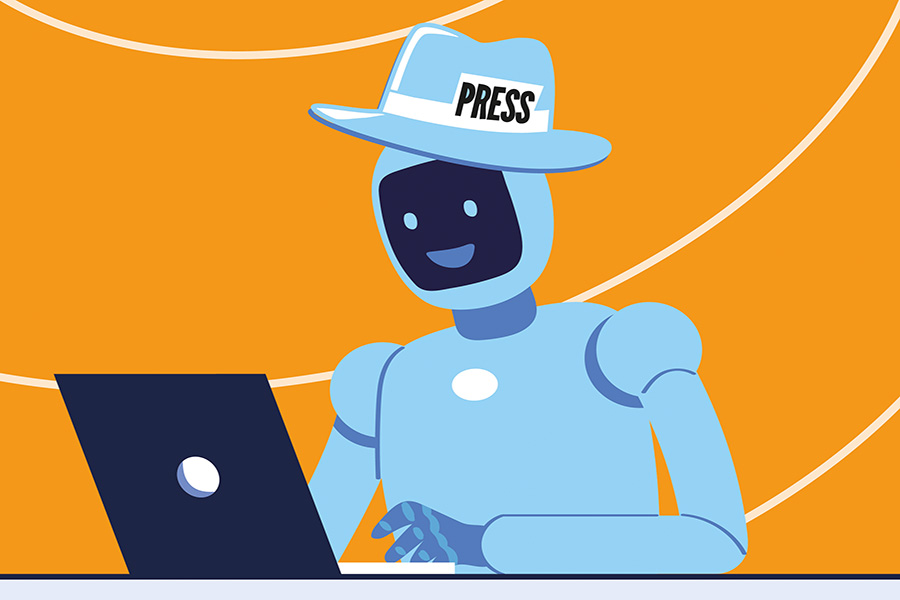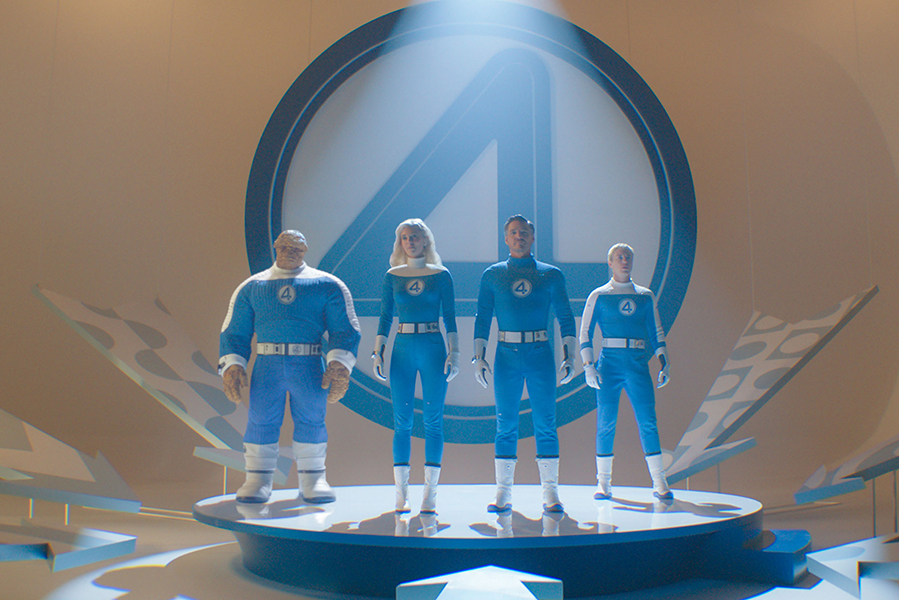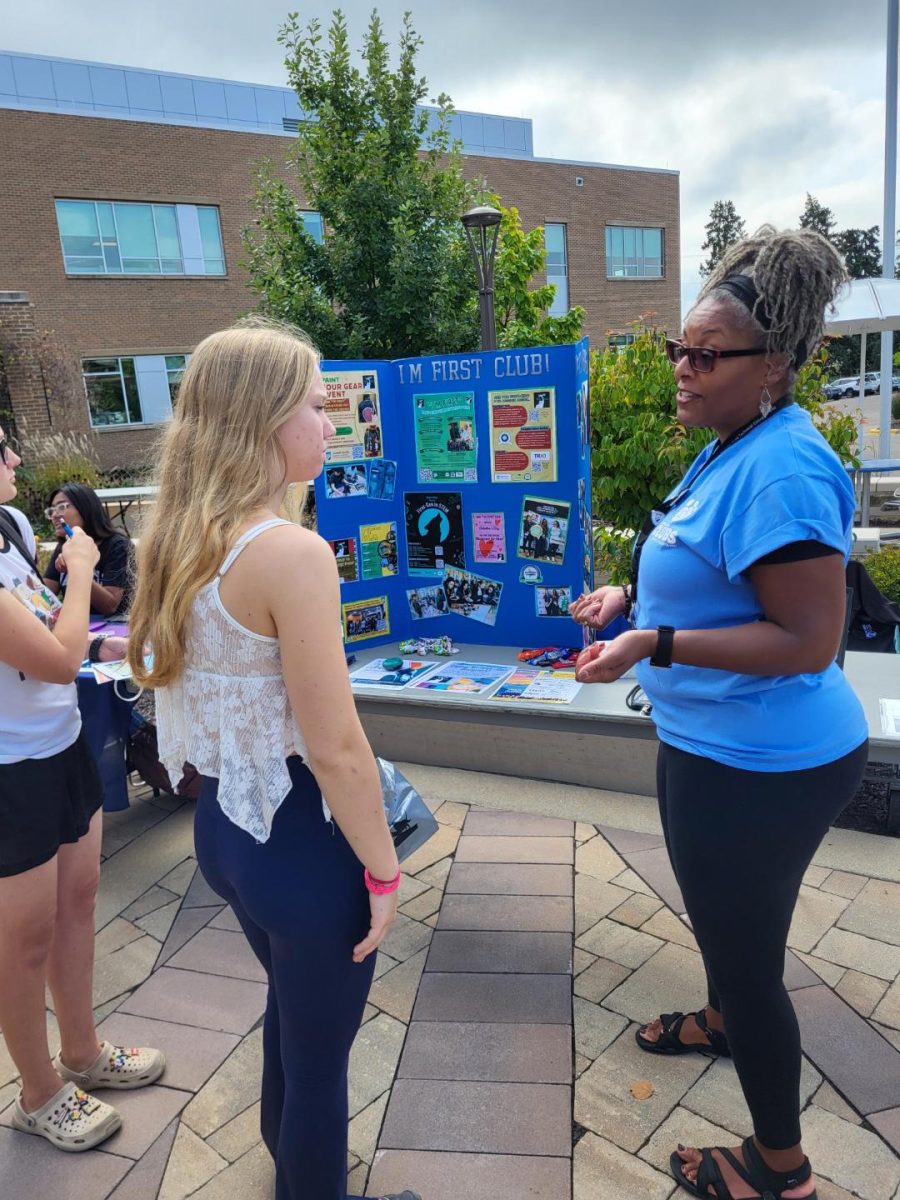English professor Jordan Dunn suspects the majority of students use AI. “Not all of these students copy/paste directly from AI,” but he believes most use AI at least as a writing tool.
AI usage in an educational setting has been a trending theme ever since AI tools, like OpenAI’s ChatGPT and Google’s Gemini have been so commonplace. Not only are these tools accessible: they are normalized. For students, professors and professionals, AI tools can be helpful to create templates and generate ideas.
However, when assignments are done using generative written content or companies rely on AI to perform tasks that people used to be hired to do, it gets into problematic, even dangerous territory.
According to a study conducted by the National Library of Medicine in 2024, when 499 university students were asked if they use ChatGPT in their academic activities, 100% of students said yes.
Yes, 100%.
For Dunn, when asked about his feelings surrounding students using AI for assignments, he says, “Honestly, I feel sad for them. College graduates currently have a much higher unemployment rate than experienced workers. This is due, in large part, to AI technologies’ ability to perform entry-level work.”
AI can be helpful, but to many students, it is a shortcut for assignments or even a way to complete schoolwork dishonestly, which can create incompetent graduates in their respective fields.
It is important that students learn ways to responsibly use AI while developing key skills that employers are looking for. Otherwise, as AI gets smarter, we become dependent on it and fall in the opposite direction.
Many courses here at Madison College have developed their own AI policy, which can help deter students from using generative AI for assignments for fear of getting a failing score or even failing the course. For Professor Dunn, he emphasizes the process of creation rather than the end result to make sure students are being authentic in their work.
Kylie Phillips, a Web and Digital design student in the Graphic Design program, shares her observations throughout her academic experience here on campus: “In my program, it went from suggesting [to use AI] to lessen our workload with more intensive projects, to this semester them actively encouraging AI usage.”
She also shares some of her fears: “In this program, it’s a very creative space. We know that a lot of creative work is being used to train generative AI, and so some of us are very concerned.”
While proper AI use may be encouraged or taught, it is only a matter of time before AI will completely sweep the entry-level job market. College graduates may be unable to find jobs in their fields, and it will be impossible to gain experience to then be qualified for a job that requires more experience.
Students must figure out quickly how to navigate these tools as they aren’t going away anytime soon, but also make sure to have a toolbox of the skills that make them irreplaceable. We are competing with computers for our jobs, and it will only grow more competitive as this technology develops. Remember what makes you valuable because a computer will never truly be able to replace that.
AI in the classroom
Students need to use AI responsibly and focus on developing skills employers need
CiCi Cox, Opinion Editor
September 24, 2025
Story continues below advertisement

